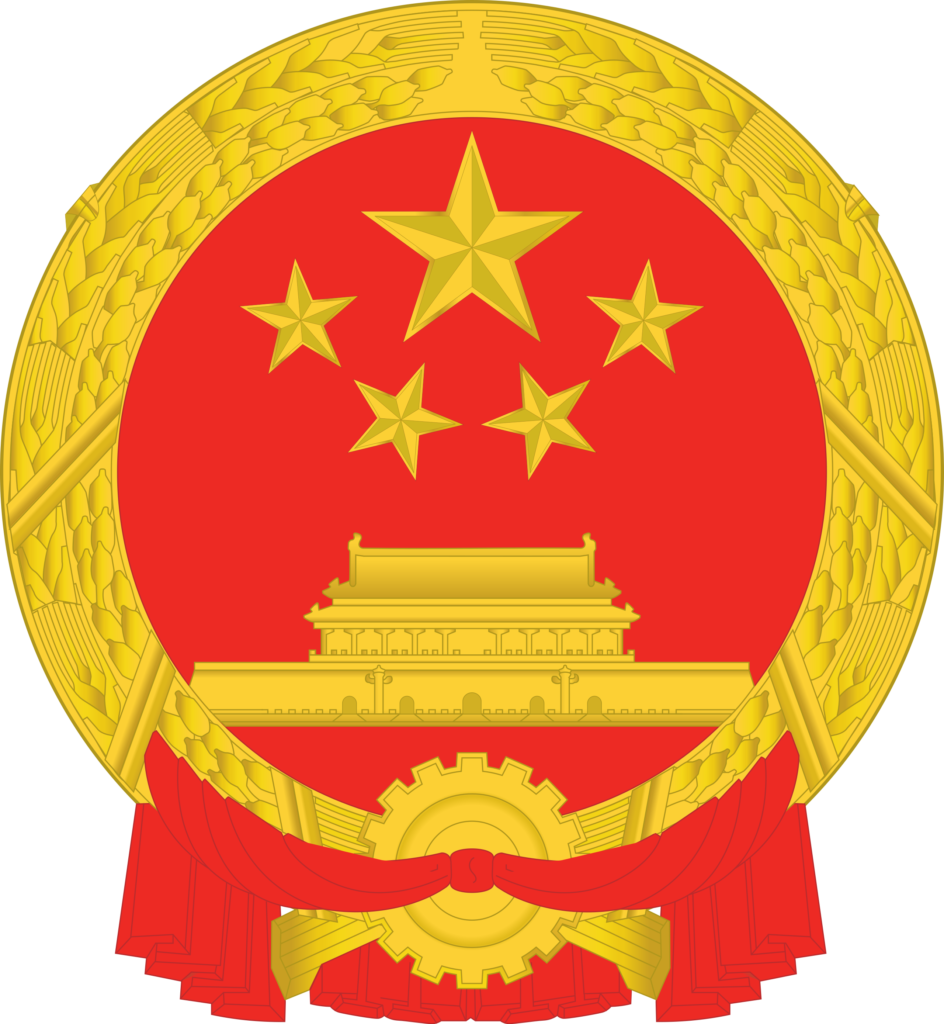China’s Looking Omicron in the Face

James Palmer points out some of the difficulties that China’s “zero tolerance” strategy is facing as omicron takes hold (paywall). Long story short, a lockdown strategy becomes less tenable and more onerous as the transmissibility of the virus increases. China’s not-terribly-effective vaccines make the problem worse, as does the fact that there have been fewer significant waves of transmission. Palmer doesn’t conclude that it’s impossible for China to suppress omicron, but does argue that it’s going to be much more difficult than with previous variants.
Some economic implications, which also affect us:
Most of all, though, this will hit China’s trade—and with it, the global supply chain. Delays at Chinese ports due to COVID-19 regulations were a big contributor to the logjams of late 2020, which have eased somewhat but are still holding up major industries such as the automobile sector. Turnaround times went from 12 hours pre-pandemic to 16 days at big ports such as Shanghai’s. The increased precautions are already worsening that; a Delta flight turned around literally in midair since the company said it couldn’t afford to adhere to the new measures. Chinese flights are being canceled in huge numbers, both domestically and internationally, with airlines dropping more than 2,000 last Friday to Sunday. As China seals the gates tighter, its role as the world’s factory becomes more unsustainable.
Politically:
The likely response would be to triple down on blaming the United States. The Fort Detrick conspiracy theory, which baselessly claims that the virus is the fault of the U.S. Army, is mainstream in China, taken as accepted fact by state media, and, according to friends of mine with young children, is being taught in elementary schools. China has been pushing the theory online worldwide, to little effect, but it seems, as best we can tell, to be believed by many people domestically—there’s little pushback against the idea online. That’s bad enough as things stand; if the United States were blamed for mass death within China, relations between the two superpowers could reach new lows.


